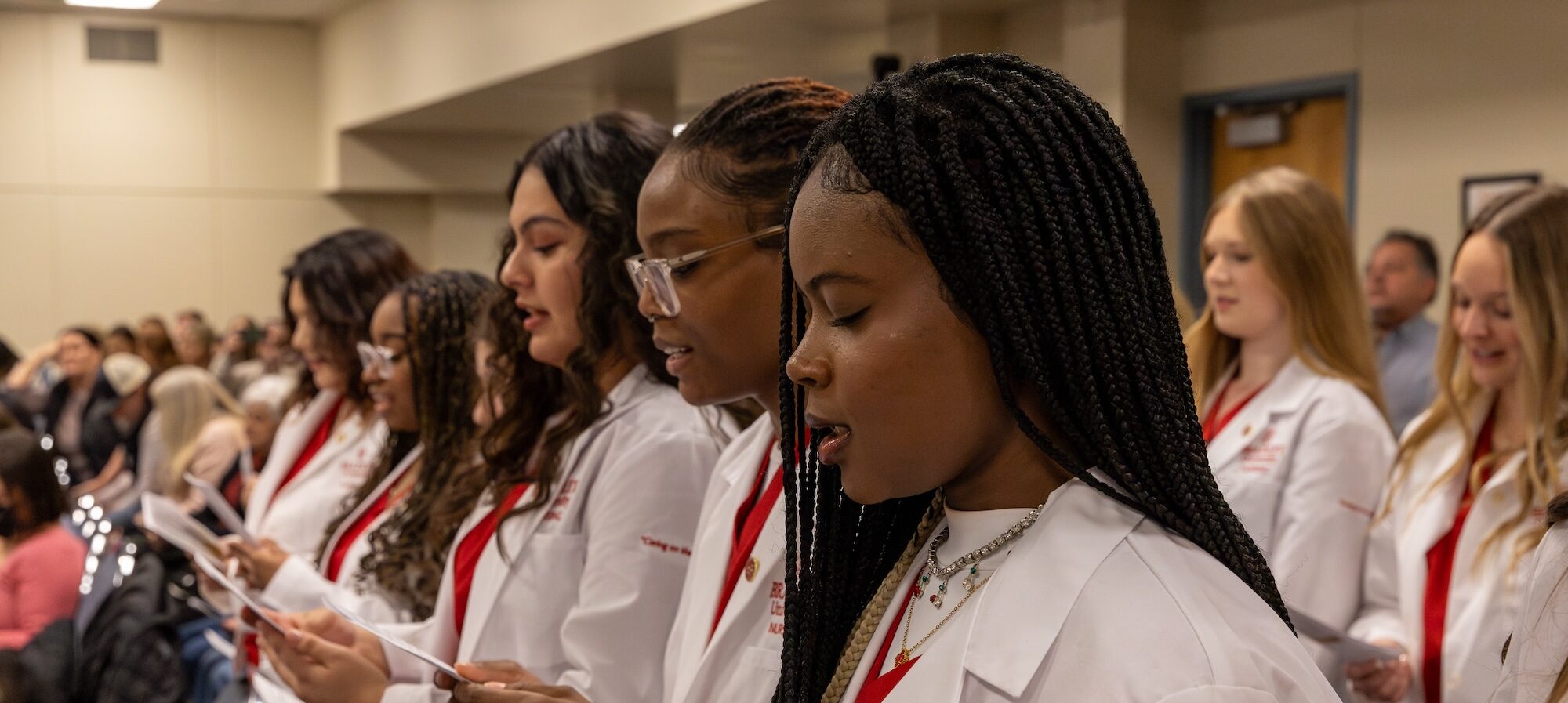If you’re planning to attend medical school, Bradley University gives you everything you need to get there, from hands-on coursework and advising to early admission opportunities and student organizations that build your experience and confidence.
Pre-Med Coursework
Med School Prep I & II are seminar-style courses taught by faculty from the University of Illinois College of Medicine Peoria (UICOMP), UICOMP medical students, and Bradley University faculty. These courses help you prepare for every stage of the med school journey, covering:
Bradley’s Department of Biology and Mund-Lagowski Department of Chemistry and Biochemistry also offer majors that provide the foundation medical schools are looking for. You’ll build the scientific knowledge needed for the MCAT, and for success in your first year of medical school. Opportunities include:
Early Assurance Program (EAP)
Through a special partnership with the University of Illinois College of Medicine Peoria (UICOM), Bradley students can apply to the Early Assurance Program, which offers provisional acceptance to UICOM while completing a bachelor’s degree at Bradley. Program highlights include:
Pre-Med Advising
Dedicated Pre-Med advisors in the College of Liberal Arts and Sciences and the College of Education and Health Sciences guide you every step of the way, from course planning to application submission. Your advisor will help you:
Pre-Med Student Organizations
Get involved, connect with peers, and make a difference through Bradley’s pre-health student clubs:

